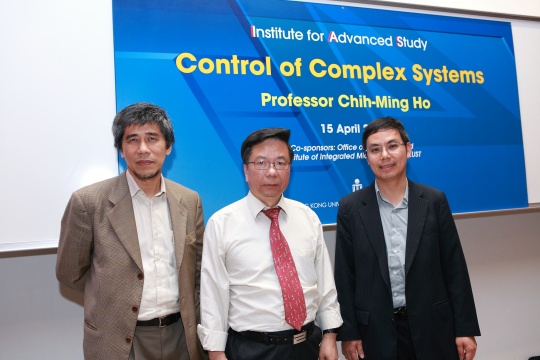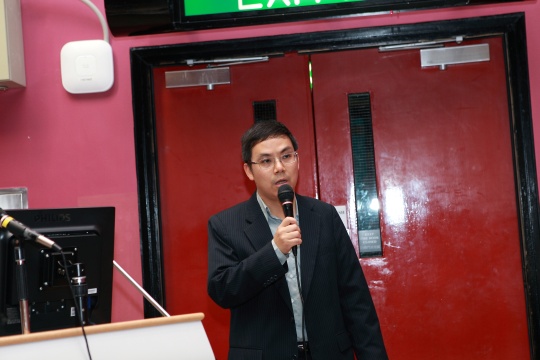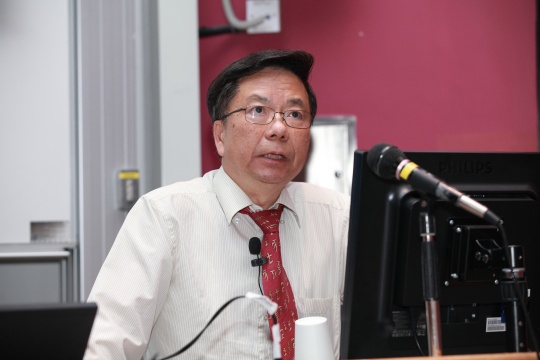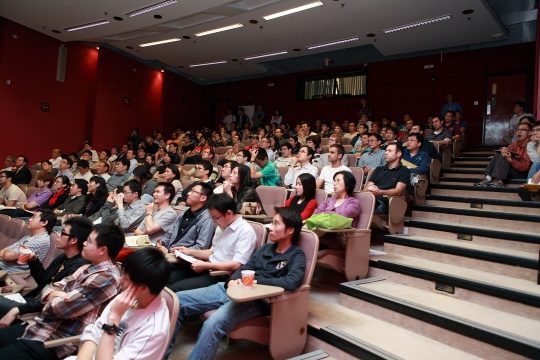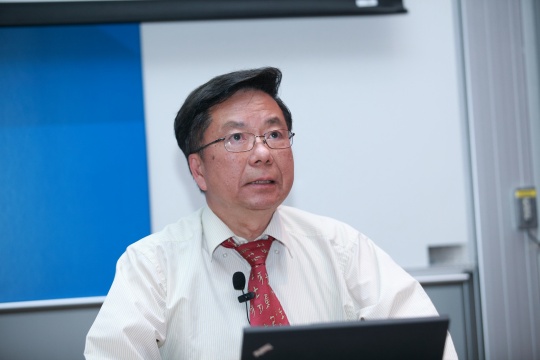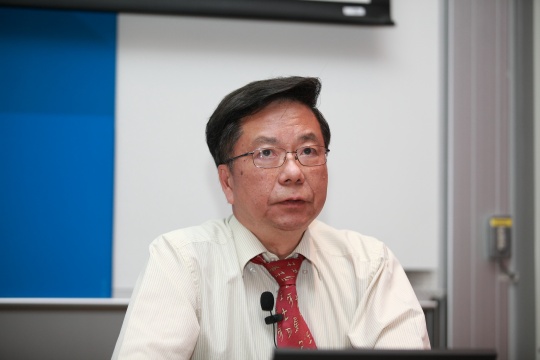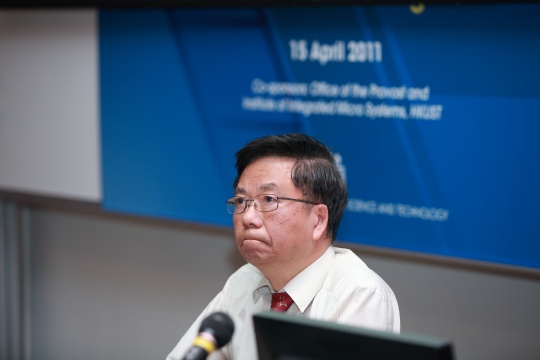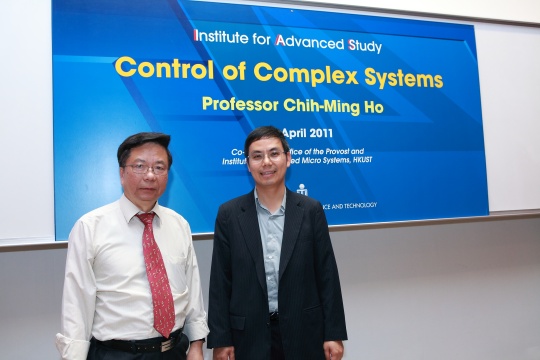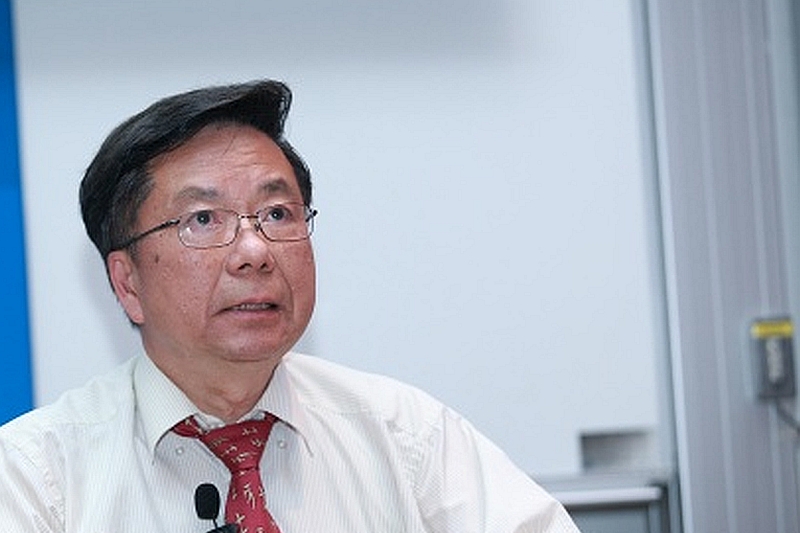Control of Complex Systems
Abstract
A complex system is composed of a large number of interacting building blocks/elements which self organize, generating emerging properties that are usually not directly linked to those of the individual building elements. Biological cells, turbulent flows, and financial activities are all examples of complex systems.
In each living cell, the interactions among the bio molecules, proteins and nucleic acids intrinsically serve as the foundation of the extensive networks of signal and regulatory pathways. Emergent cellular functionalities are derived from the self-organization of these pathways and cannot be easily related to individual bio-molecular interactions. As such, the sheer magnitude of pathway processes and pathway crosstalk presents significant challenges to their straightforward manipulation to direct cellular phenotypic and genotypic outcomes.
Frequently, we intend to control complex systems toward a desired state, with a key example being the application of pharmacological agents to treat diseased cells in medicine. Rather than laboriously mapping out the detailed cascade of signaling pathways, their approach has employed a feedback system control scheme to bypass the challenges associated with simultaneously considering/manipulating multiple cellular regulatory pathways in cellular complex systems. In addition, they have harnessed these control schemes to rationally design combinatorial drug therapy modalities to stimulate these cellular pathways with improved efficacy and low toxicity. This imposes another challenge which pertains to the large parameter space. For example, 6 drugs with 10 concentrations each would result in 1,000,000 potential search trials. With the feedback system optimization approach, they have demonstrated that only tens of searches instead of 1,000,000 cases are needed to identify the optimized drug cocktail.
In this presentation, we will also briefly discuss the possibilities and challenges of controlling the other two complex systems with identical statistical properties, turbulence and financial markets.
About the Speaker
Prof. Ho Chih-Ming received his PhD from The Johns Hopkins University and holds the Ben Rich-Lockheed Martin Chair Professor in the UCLA School of Engineering. He served as the UCLA Associate Vice Chancellor for Research from 2001-2005.
Prof. Ho is known for his work in microfluidics, bio system technologies and turbulence. He is ranked by ISI as one of the top 250 most cited researchers worldwide in the entire engineering category. In 1997, Prof. Ho was inducted as a member of the US National Academy of Engineering. In the next year, he was elected as an Academician of Academia Sinica. Prof Ho holds seven honorary professorships. He has delivered 18 named distinguished lectures and presented over 130 keynote talks in international conferences. Prof. Ho was elected Fellow of the American Physical Society as well as American Institute of Aeronautics and Astronautics.

